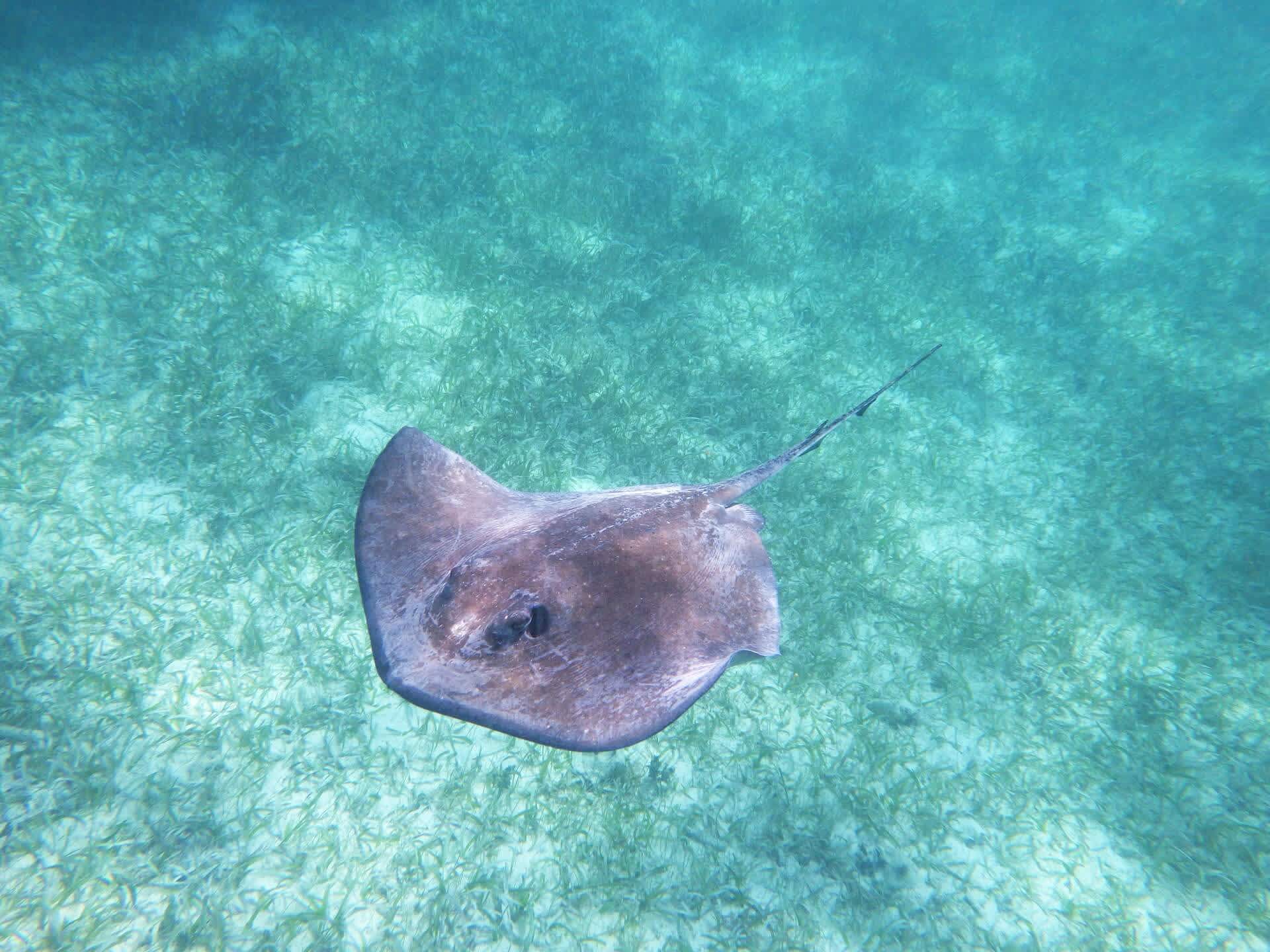
What are stingrays and how can you avoid being stung?
📅 August 01, 2022
•⏱️ 1 min read
David Rodriguez
Lifeguard & Fire FighterStingrays are small fish that live on the bottom of the ocean. They are found all over the world and in the US they are most likely found in California. They like to stay near the bottom of the ocean on the sandy floor. They will also be hidden at times due to covering themselves in sand and love to come in and feed close to shore on shellfish, crabs, worms, snails, clams, and small fish.
Stingrays have a venomous spine on their tails. If you step on a stingray it will try and protect itself. The spine on the tail is very sharp and will cause pain if you step on it. The stingray also has venom. When you are poked by the spine on the tail you will not only feel the pain from the spine but also the venom. The venom is typically not lethal but will cause lots of pain.
Hot water helps break down the venom and eases the pain. It must be hot enough to bear but not hot enough to burn your skin. If it is not treated with hot water quickly, the pain from the venom can last for hours and can even last days if not treated correctly. Another issue is infection. You must put your foot or affected area in hot water but also make sure to clean your wound and see a doctor if necessary. So how do we avoid stingrays? Shuffle your feet! The vibrations and noise you make in the sand while shuffling will disturb the rays and they will usually move to other areas. If you are surfing, try and get on your board as quickly as possible and start paddling early. Check in with a lifeguard for their advice and always check the safe beach day website where you can see the latest stingray activity. Be safe and have fun!

